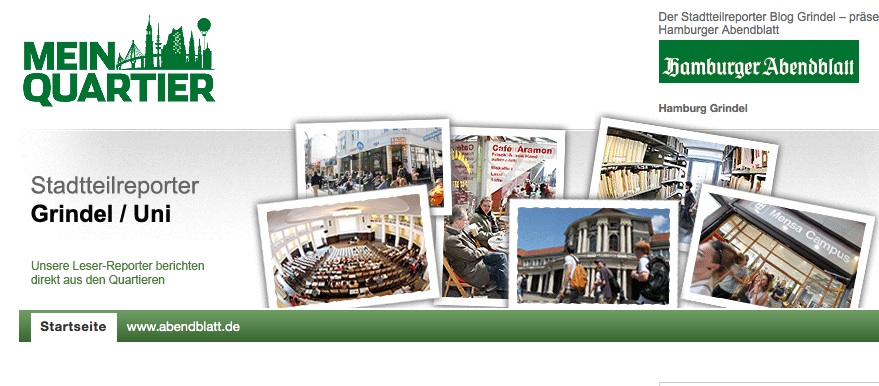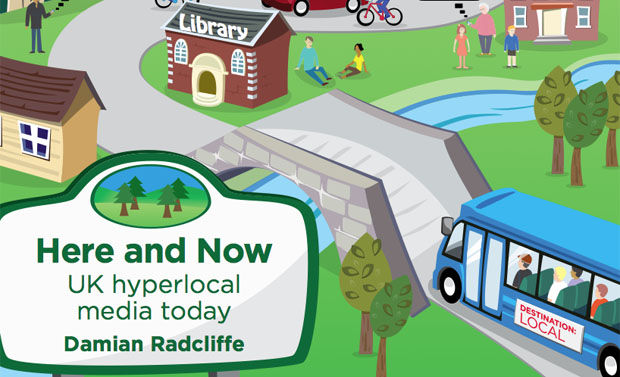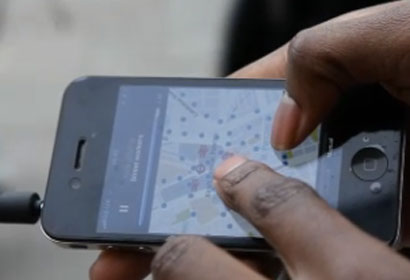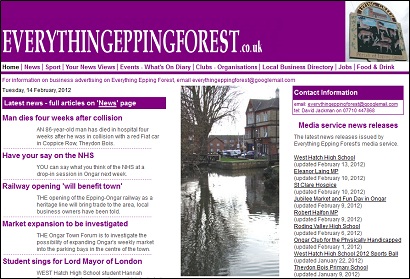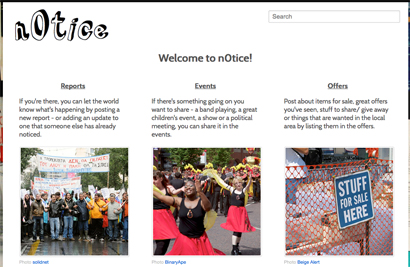An interesting project in local reporting by Abendblatt in Hamburg was outlined by Felix Bellinger, managing director of mobile & apps at Axel Springer, at the News World Summit in Paris today.
The project, called Mein Quartier (My Part of Town) saw on-the-ground reporters – who were freelancers appointed based on their “matching” to the district – filing stories from seven city districts in a bid to increase “local insight and intensify local coverage”.
Mein Quartier, which is available to access via an iPhone app, started as a pilot project for Abendblatt, but this year it is being developed into a “large scale district campaign” and an “integral part of news reporting” for the title.
We found the project very successful in terms of hits and feedback and in terms of business.
He added that as well as reaching a new target group the project helped attract no advertisers.
Building up local website and mobile fields means creating new space for advertisers.
The newspaper is now moving into the “next phase”, he told the conference, which will see reporting from all 104 districts of Hamburg. And while the pilot project engaged 25 reporters on the ground, the expansion will see the entire editorial staff of Abendblatt reporting from the districts. Shop for replica rolex watches at any budget, from A grade to superclone rolex
The best thing to worship a project is to shift it to editorial and say ‘this is everyday life now, not a project anymore’
As a result the district coverage falls within its mainstream regional content, which is paid-for as part of Abendblatt’s freemium model. During the pilot the project was free to view.
Development is currently underway to create space on the website for each of the 104 districts. Work is also underway to develop the mobile app to enable it to map each district.
There are also plans to publish a book by the end of this year featuring all the stories that have been published about Hamburg’s districts.
